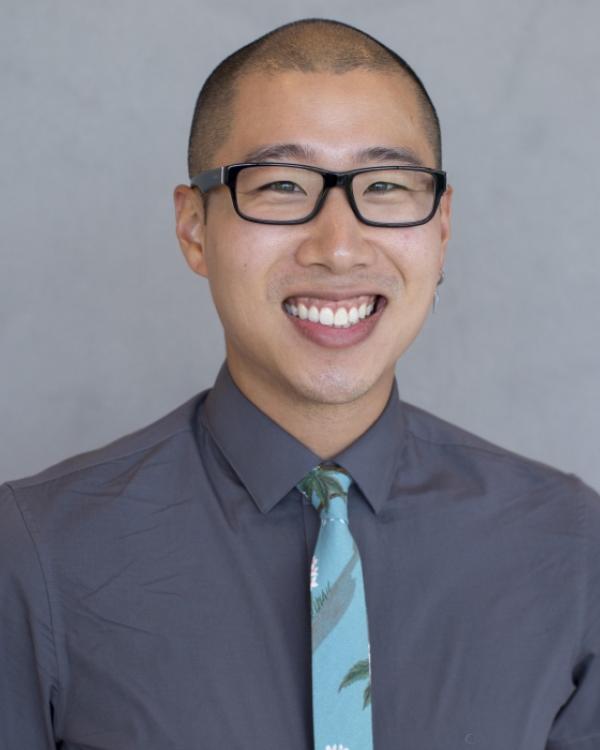
Andy Choi will be graduating with a Ph.D. from the Department of Counseling, Clinical, and School Psychology, and moving next onto Harvard Medical School for a Postdoctoral Fellowship. His primary research interests focus on identity intersections (e.g., culture, race, sexuality), and the psychological mechanisms through which they are organized and influence mental health.
GGSE: Share your research interests with us, and why they’re important to you.
Choi: My research interests involve applying advanced latent variable models to better understand culture-bound constructs, within-group heterogeneity, and mental and behavioral health disparities among diverse populations, including ethnic, racial, and sexual minorities. My clinical interests include evidence-based and theoretically-integrative practice of psychodynamic psychotherapy; multicultural competence; and serving marginalized communities, including Asian American Pacific Islanders (AAPI) and LGBTQ+ people. My goals are to continue advancing multiculturally-responsive psychological science and practice and to contribute meaningfully to the cause of achieving social justice and parity in mental and behavioral health.
GGSE: If you could give one piece of information that you wished every person knew and remembered from your research, what would it be?
Choi: Compassion, curiosity, and humility in understanding our own and others' lived experiences are prerequisites to fostering genuine connection, psychological wellness, recovery, and empowerment.
GGSE: What do you hope to do after earning your Ph.D.?
Choi: I accepted a Postdoctoral Fellowship at Harvard Medical School / Cambridge Health Alliance where I will undergo specialized training in long-term, intensive outpatient treatment of severe mental illness. This position will concurrently entail conducting psychodynamic psychotherapy process and outcome research relevant to more effectively and efficiently serving culturally and clinically diverse populations.
GGSE: What piece of advice would you pass on to future graduate students in the Gevirtz School?
Choi: My advice is to be self-aware, to trust one's instincts, to build community, and to hold true to one's values.
GGSE: Is there anyone in the Gevirtz School you would like to thank?
Choi: I thank Drs. Tania Israel, Karen Nylund-Gibson, Matthew Quirk, Steven Smith, Heidi Zetzer, Erin Dowdy, Andrew Maul, and Andrés Consoli for their guidance and support. I thank former CCSP Program Assistants Lupe Yepez and Keriann Long for their consistent helpfulness with administrative tasks. Finally, I express appreciation to many former and current CCSP and ED students for their camaraderie and for their honest efforts to serve and empower marginalized and vulnerable populations.